- 8777701917
- info@saikatinfotech.com
- Basirhat W.B
Amazon Web Services (AWS) is a comprehensive and widely adopted cloud computing platform offered by Amazon. AWS provides a variety of cloud services, such as computing power, storage options, and databases, over the internet, enabling businesses and developers to scale their operations, improve efficiency, and reduce the need for physical hardware. With AWS, users can access resources on-demand and only pay for what they use, making it flexible, cost-efficient, and scalable for businesses of all sizes.
AWS operates through a global network of data centers (known as Availability Zones), allowing users to deploy applications and services closer to their customers to reduce latency and improve performance.
Some key benefits of AWS include:
AWS offers a wide range of cloud services, which can be broadly categorized into several domains. Below is a list of the primary AWS services:
AWS is a vast cloud platform offering services that span multiple categories, including computing, storage, databases, machine learning, security, analytics, and more. It allows businesses to use scalable infrastructure, ensuring flexibility, reduced costs, and efficient resource management. With its vast range of services, AWS supports a wide variety of use cases, from simple websites to complex data processing and artificial intelligence applications.
AWS is one of the leading cloud platforms, widely adopted by businesses of all sizes and industries. Here are some key reasons why AWS is a popular choice:
Choosing AWS provides numerous advantages, including scalability, cost efficiency, security, and a wide variety of services. With a flexible pay-as-you-go model, frequent innovation, and strong global infrastructure, AWS helps businesses grow, manage workloads, and take advantage of emerging technologies. Whether you’re a startup or an enterprise, AWS offers the tools and resources needed to build, deploy, and manage your applications efficiently and securely.
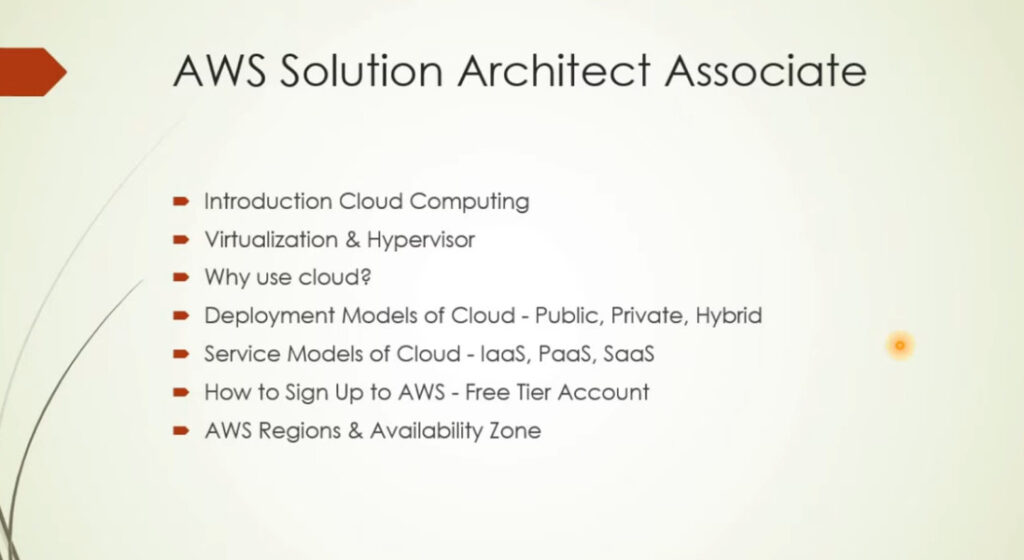
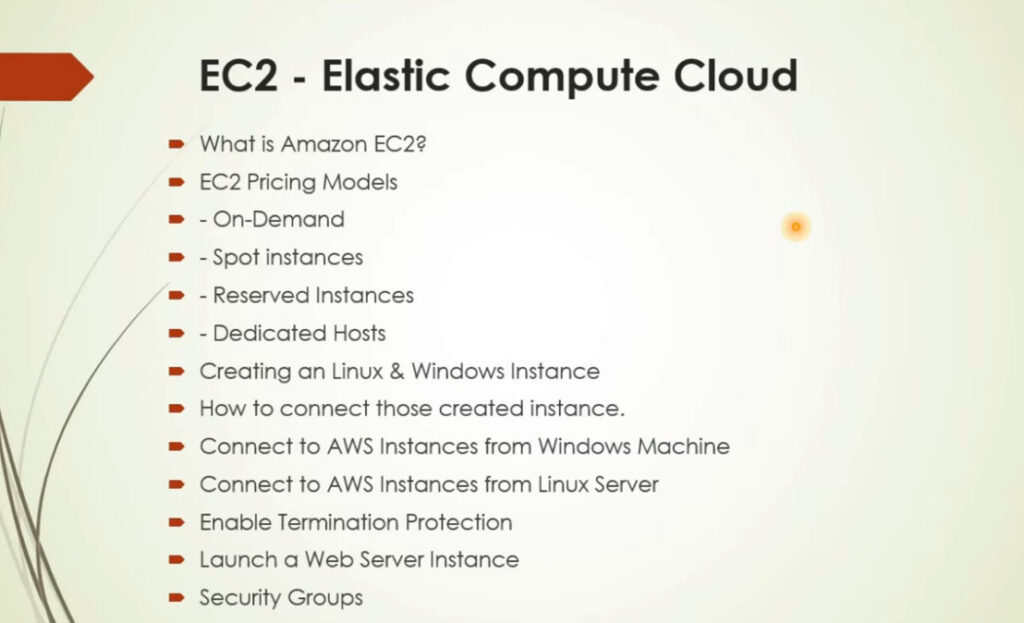
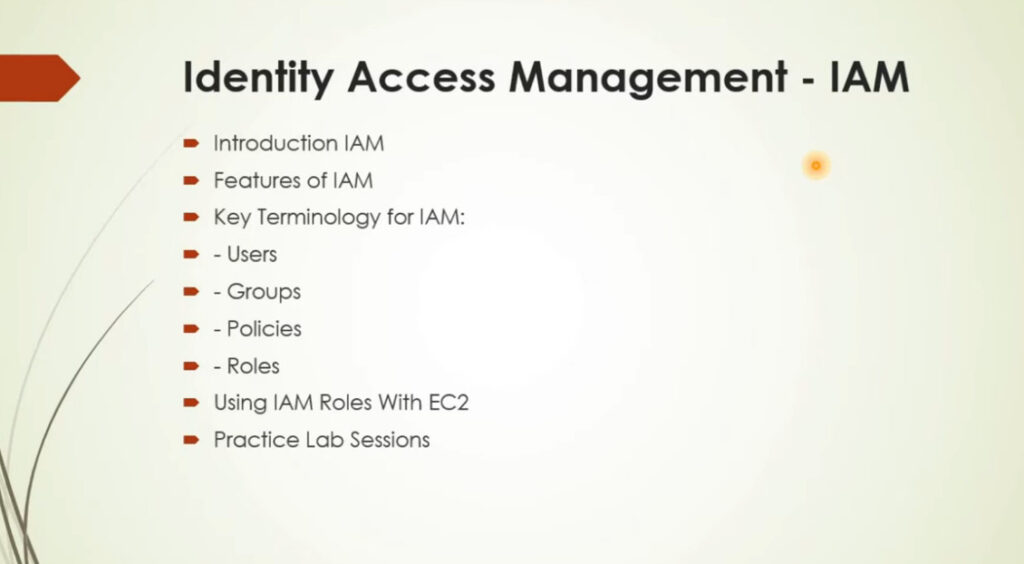
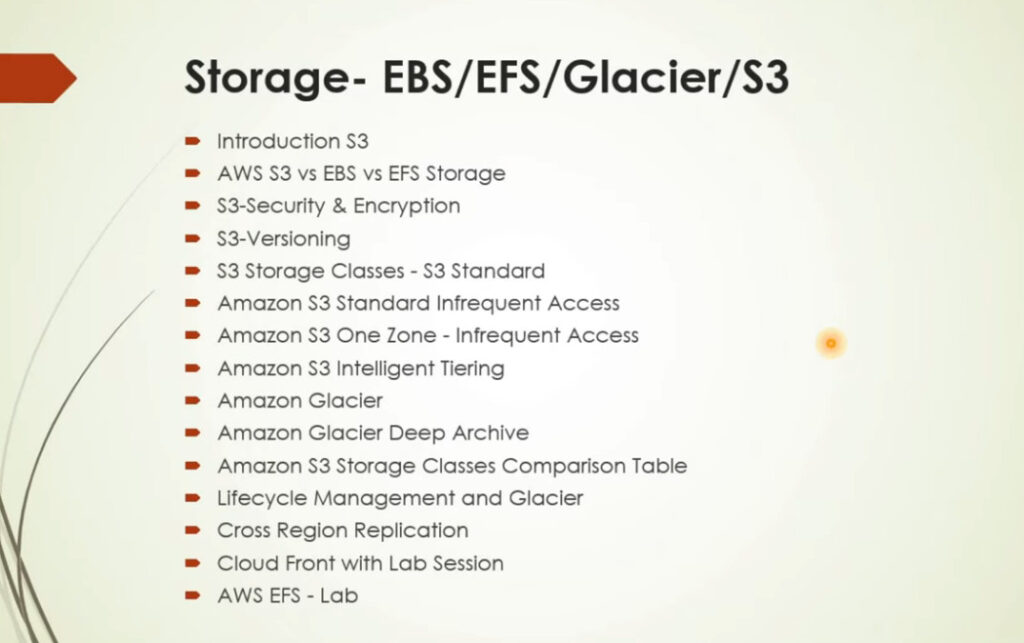
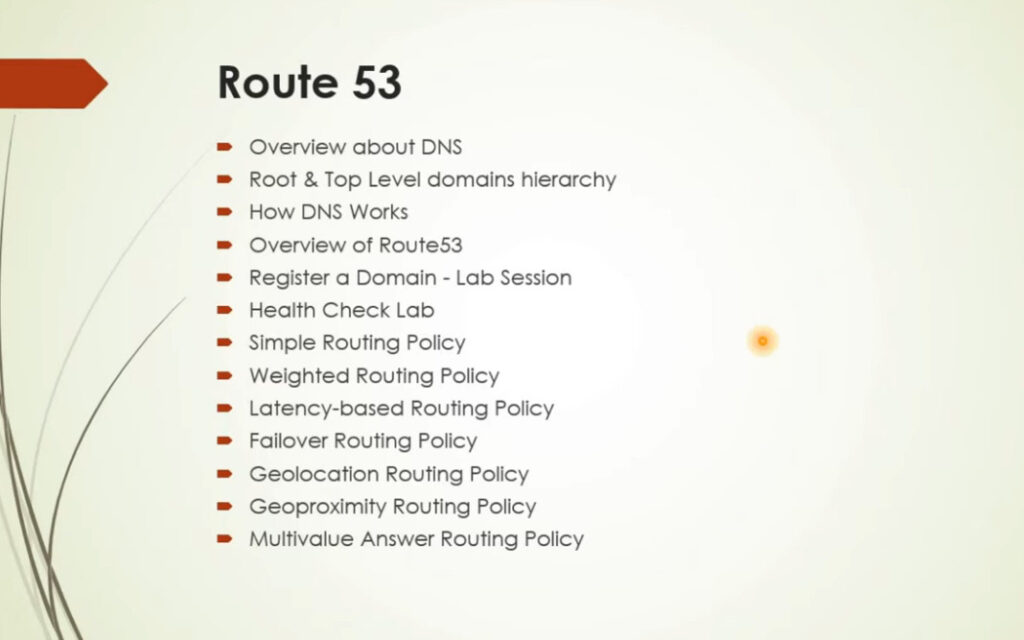
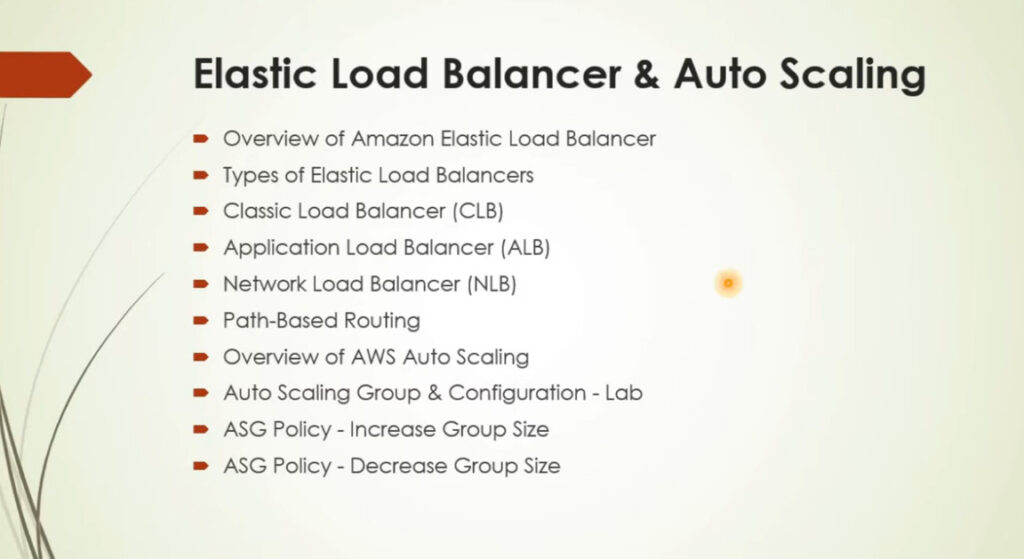
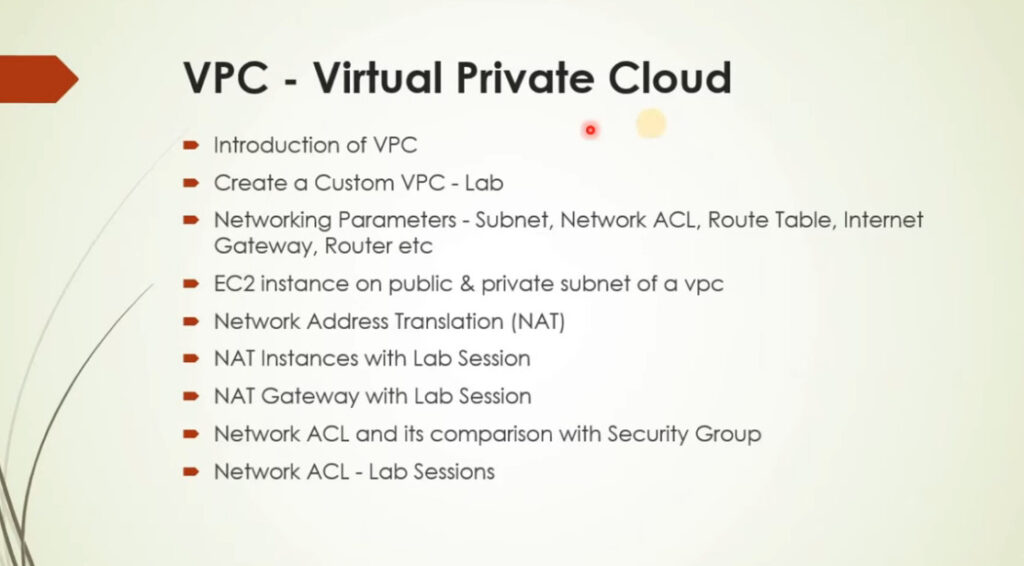
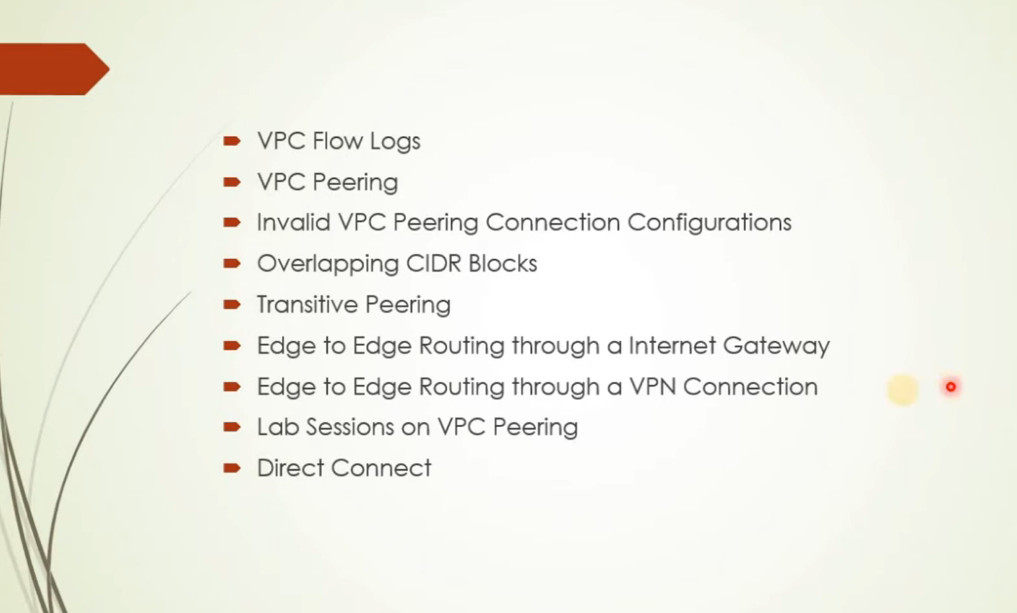
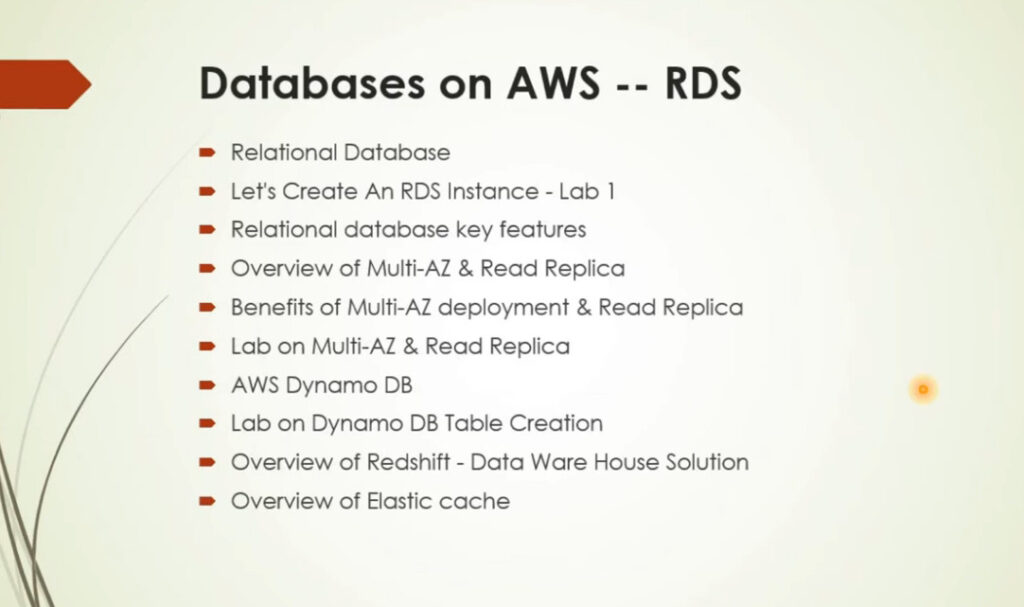
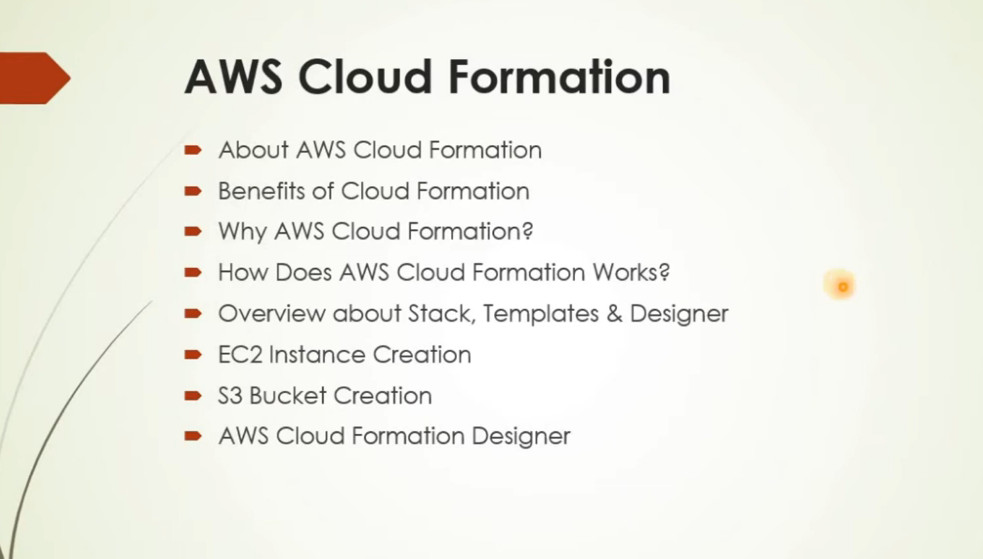
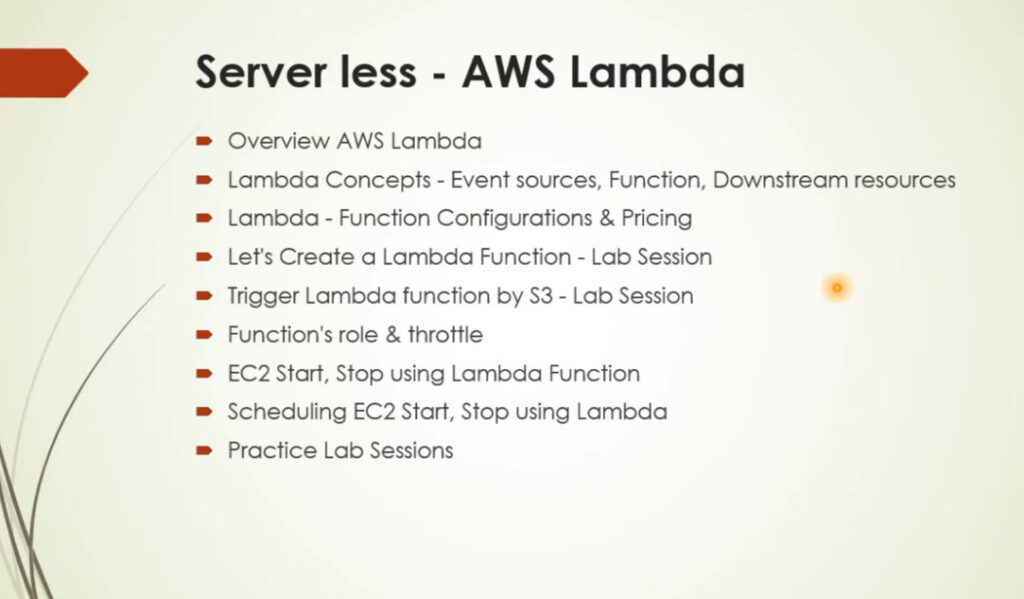
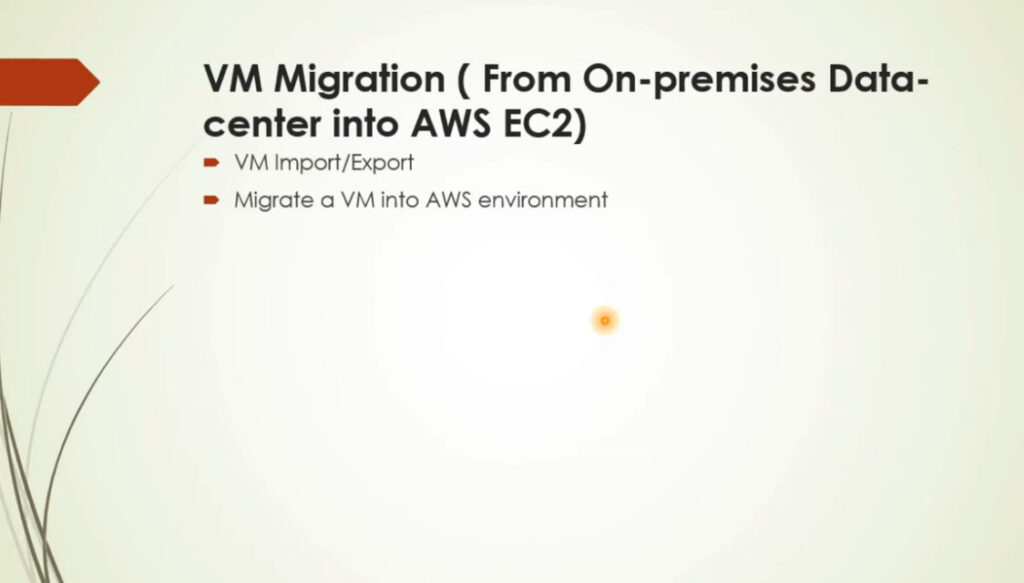
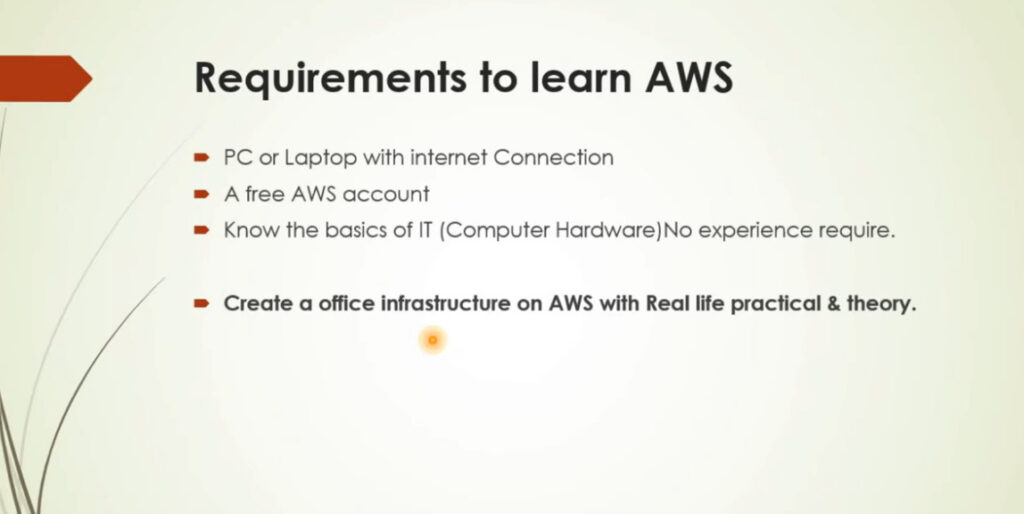
An AWS course syllabus typically covers a wide range of topics related to cloud computing, focusing on the services and tools offered by Amazon Web Services (AWS). The content of the syllabus will depend on the level of the course (e.g., beginner, intermediate, or advanced) and the certification you aim for (e.g., AWS Certified Solutions Architect, AWS Certified Developer, AWS Certified SysOps Administrator). Below is a general outline of the topics covered in an AWS course, organized by foundational, intermediate, and advanced levels.
This is an introductory course that focuses on understanding the core services and basic concepts of AWS.
Introduction to Cloud Computing and AWS
AWS Cloud Services Overview
Pricing and Billing
Basic Security in AWS
This is one of the most popular certification courses and focuses on designing scalable, reliable, and cost-efficient systems on AWS.
AWS Compute Services
AWS Storage Services
Networking and Content Delivery
Databases and Data Management
Monitoring, Security, and Automation
Architecting for High Availability and Fault Tolerance
This course is designed for those who want to focus on developing and deploying applications using AWS services.
Developing on AWS
Amazon DynamoDB and Amazon RDS
Messaging and Queuing Services
Monitoring and Logging
Deployment and Continuous Integration
This course is targeted at system administrators responsible for deploying, managing, and operating applications on AWS.
AWS Compute Services
Monitoring and Reporting
Security and Compliance
Networking and Content Delivery
Backup, Recovery, and Disaster Recovery
This course focuses on complex architectural solutions, and is ideal for experienced professionals seeking to validate advanced AWS design skills.
Designing Complex AWS Architectures
Cost and Performance Optimization
Migration and Hybrid Architectures
This course focuses on DevOps practices for automation, CI/CD pipelines, and monitoring in the AWS environment.
Continuous Integration/Continuous Delivery (CI/CD)
Infrastructure as Code
Monitoring and Automation
The AWS syllabus generally provides in-depth knowledge of various cloud services, architecture design principles, security best practices, automation, monitoring, and cost management. Whether you’re preparing for a foundational course or an advanced AWS certification, the syllabus is designed to help you understand AWS offerings and prepare you for real-world cloud environments. If you have a specific certification in mind, you can tailor your learning to match the corresponding syllabus.